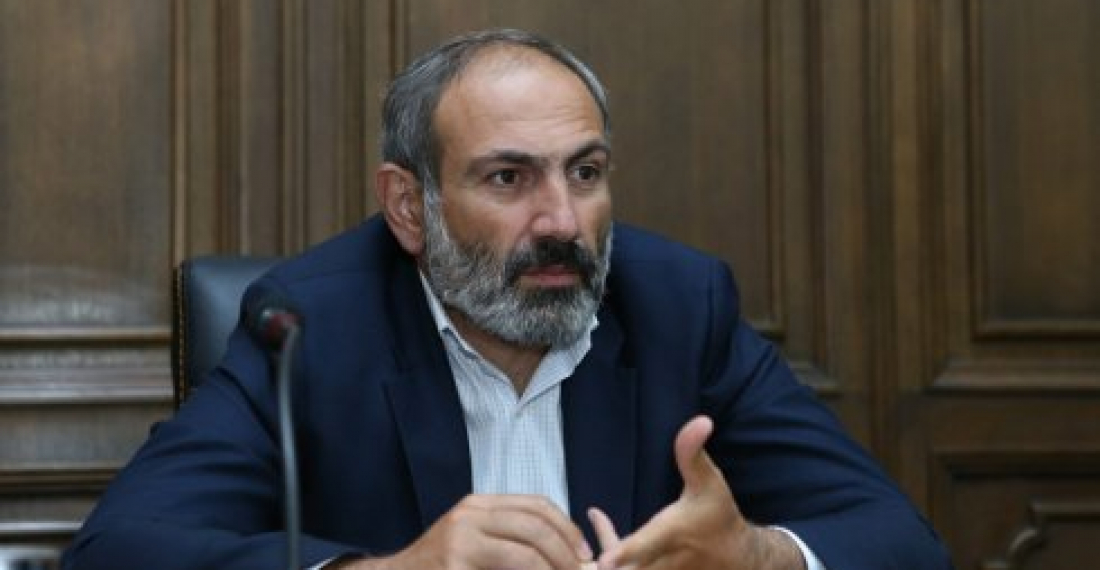Nikol Pashinyan, the leader of the popular movement that has swept over Armenia in the last month, was this morning elected prime minister of Armenia at a vote in which he secured 59 votes with 42 MPs voting against.
The vote was received with loud cheers and chants by tens of thousands of people who crowded on Yerevan's Republic Square awaiting the result.
realted content: Monday Commentary: Armenia's long journey
source: commonspace.eu
photo: Nikol Pashinyan (archive picture/photolure)






